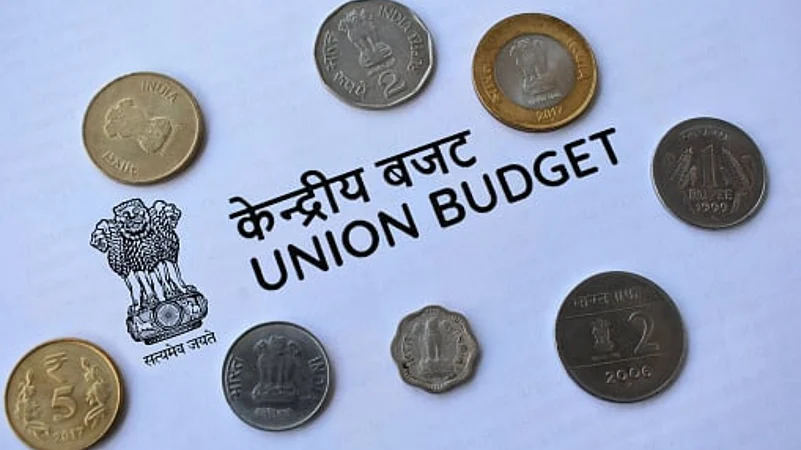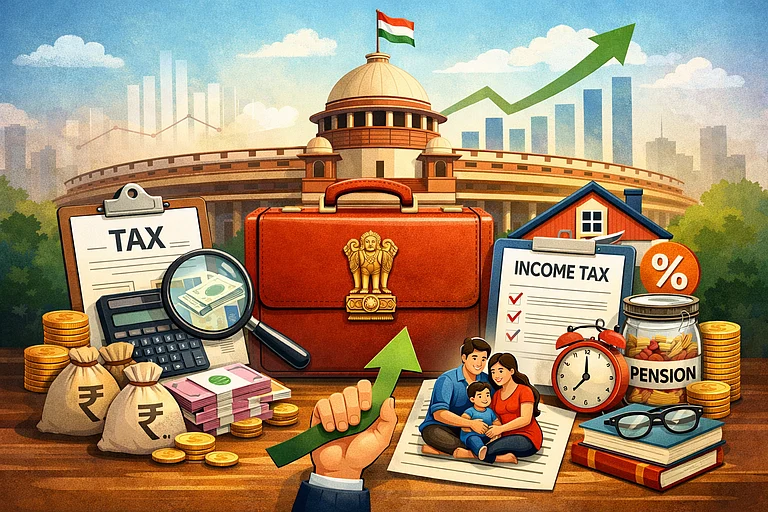Union Minister of Finance Nirmala Sitharaman announced a significant tax relief for the middle class in this year’s Union Budget, raising the income limit for tax exemption to Rs 12 lakh.
This change is expected to increase disposable income and encourage more spending, especially among salaried individuals who have been affected by high food prices and slow income growth.
Starting in the 2025-26 financial year, people earning up to Rs 12 lakh annually will no longer have to pay income tax. This will benefit many taxpayers who were previously paying between Rs 20,000 and Rs 80,000 in taxes.
These direct tax changes, according to Sitharaman, are expected to result in a revenue loss of Rs 1 lakh crore for the government.
According to a BNP Paribas report, the Budget has focused on reviving consumption by increasing the income threshold and relaxing the tax slabs.
This will boost the disposable income of taxpayers in India by 2-7 per cent, depending on the income level.
Taxpayers will have additional disposable income of Rs 2,000-Rs, 10,000 per month, "which we believe could be used for small-ticket discretionary purchases," said the report.
Morgan Stanley, in its India Economics and Strategy report, highlighted that the Budget's focus on fiscal consolidation is faster than anticipated, but should still help stimulate a broad-based recovery through increased consumption and capex.
“The Budget has maintained the fiscal consolidation path, albeit a tad faster than our expectation. As such, we expect the Budget to support growth recovery through measures to promote consumption and increase effective capex spending, which will likely lead to a more broad-based recovery,” said Morgan Stanley.
Goldman Sachs, too, in its Union Budget review, said, “We believe this will partly help the indebted urban consumer deleverage (and boost net household financial savings), and partly boost consumption in a section of urban households.”
Sectors To Benefit From The Consumption Boost
Morgan Stanley said the combination of increased consumption and capital expenditure will be positive for equities, especially with better-than-expected fiscal consolidation.
The Budget’s changes, such as easing tax rules and clarifications on tax exemptions for sovereign funds, could improve foreign direct investment (FDI) and boost private investment sentiment, the brokerage firm said.
The New York-based brokerage firm is overweight on financials, consumer discretionary, industrials and technology, while being underweight on other sectors.
According to BNP Paribas, the tax relief will support discretionary consumption across sectors such as durables, automobiles, asset management, healthcare, travel and jewellery.
According to a report by Jefferies, the tax relief is expected to boost demand for two-wheelers and passenger vehicles. The report estimates that around 35 million taxpayers will receive an average annual benefit of Rs 30,000 each, significantly impacting automobile sales.














